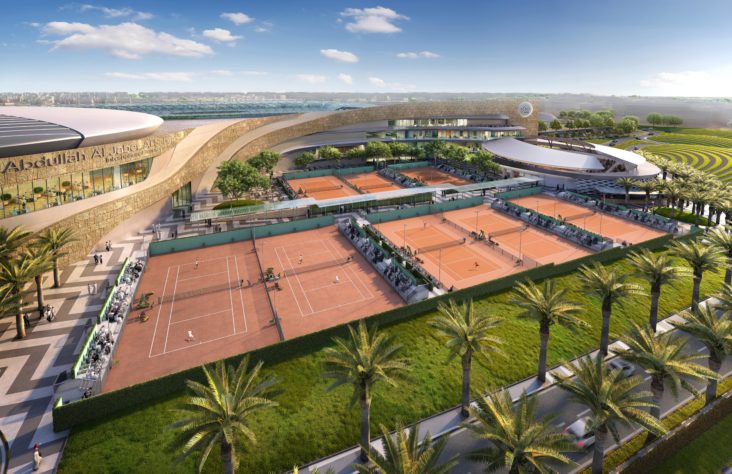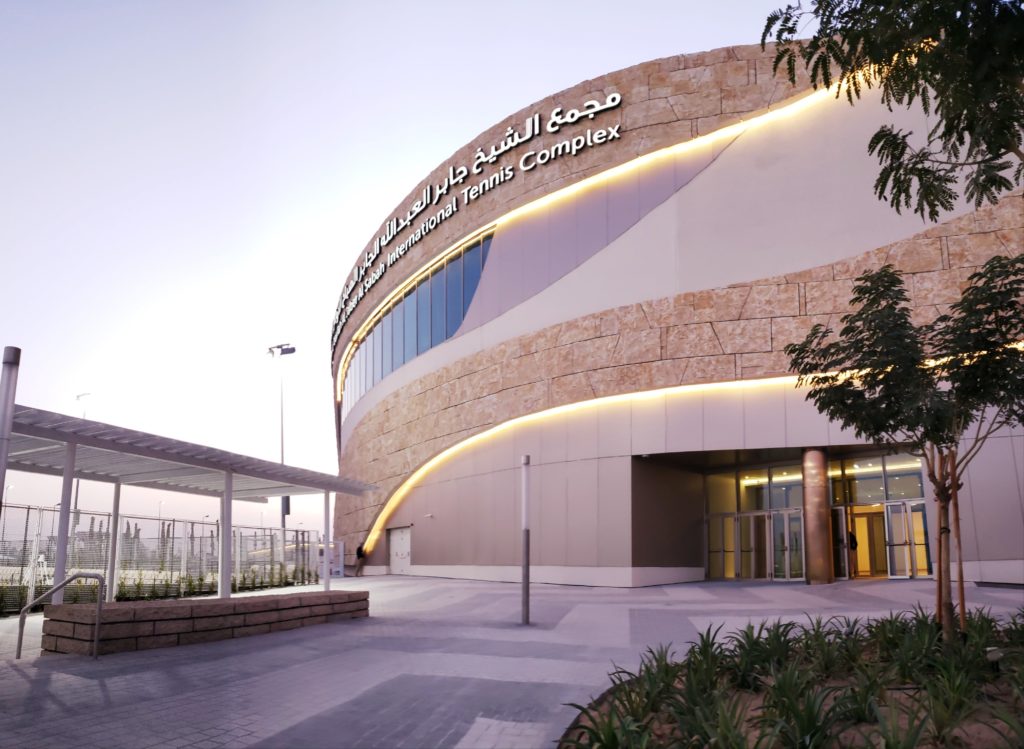CRTKL Launches Annual Sustainability Report, Championing Sustainable Design And Supporting Regional Visions For Net-Zero

CRTKL,a global cultural agency specialising in architecture, planning and design,has released an ambitious annual sustainability report pledging that all projects will be climate positive for operation by 2030 and 2040.
CRTKL has committed to a planet-positive mind-set, implementing industry-leading climate neutral operations since 2020. This commitment has been constantly realised each year by tracking and reducing the carbon footprint, and offsetting the remainder of emissions.
The built environment continues to be a significant challenge in the climate change crisis with buildings being responsible for 40% of greenhouse gas emissions. CRTKL is ahead of the curve and was an early signatory of the AIA 2030 challenge, reporting since 2009 at its inception, making significant strides in the net-zero direction.
Preeti Mogali, Associate at CRTKL commented: “Sustainability is at the forefront of our design process and we are committed to reducing greenhouse gas emissions in buildings through innovative technology. Being carbon neutral since 2020 ensures we are staying below our planetary carbon budget and consistently improving the performance of our wide-ranging projects. At CRTKL, we work to reduce our reliance on offsets every year and advance current trends in the sustainability sector. We are driven by planet-positive design to increase the urgency of the required net-zero change in the Middle East region.”
Regional Visions
CRTKL has committed to proactively leading a reduction in carbon emissions from buildings, supporting visionary net-zero targets across the Middle East. With the UAE pledging net-zero by 2050 and Saudi Arabia by 2060, CRTKLis utilising a human-centric approach, solving complex challenges and delivering climate positive operations by 2030.
With Egypt hosting COP 27, the international climate conference, in 2022 and the UAE host COP 28 in 2023, tackling climate change is a top priority for the region. Countries in the Middle East are showing leadership with momentum building on governments visions to protect the planet and positively build a net-zero future. CRTKL is focused on developing projects that have sustainability embedded from the start to ensure reductions in carbon emissions that support long-term net zero goals.
Climate Positive Practice
CRTKL has pledged that 50% of its projects will utilise building simulations by the end of the year, creating a greater understanding of the sustainable outcomes of projects. A digital dashboard will collect key performance metrics and measure them against CRTKL’s goals to track progress and strive for improved results.
An example of sustainable design in the region is 360 Mall in Kuwait City, the premier shopping experience in Kuwait, boasting 260 retail stores, 300 guest rooms, 17 tennis courts, 15 movie screens, and 13 major anchor spaces. The state-of-the-art technology and circular layout includes an internal green wall, which is 420metres long and integrates retail, sport, and entertainment in a luxurious environment. The 360 Mall Kuwait displays the inevitable sustainable evolution of retail spaces to coalesce with the daily activities of the surrounding community, providing enhanced engagement of activities to compliment the consumer experience.
People, Planet, Positive Design
CRTKL is also adopting a forward-thinking approach through research-empowered, data-driven, advanced digital design. Using a human-centric approach to foster stronger communities, CRTKLiscommitting to a more sustainable future with projects, inspired by ecology, designed for people to live full, healthy lives with a minimal environmental footprint.
Goal Setting
In terms of results achieved so far, the Energy Use Intensity (EUI) of the reported projects to the AIA 2030 commitment in 2020 was 46% better than the baseline. In 2021, CRTKL project performance was 48.3% better than baseline, achieving the goal set for 2021. Moving forward, the goal is to apply design skills to help flatten the emissions curve by achieving a substantial reduction in carbon emissions in line with the global 1.5 °C temperature rise target, as agreed by all signatories to the Paris Agreement.
For more information, please visit this link.




